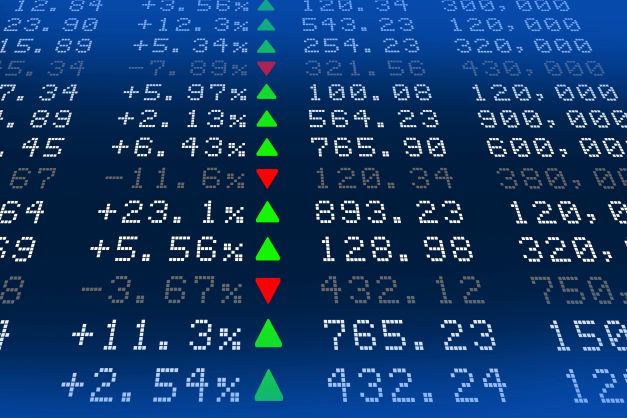If you want to reach certain financial goals, then the stock market can be a great way to make your money do more for you. This popular market provide
If you want to reach certain financial goals, then the stock market can be a great way to make your money do more for you. This popular market provides traders with the opportunity to purchase shares in some of the world’s largest companies, in an attempt to profit from price fluctuations.
In order to maximise the profitability of your position in the market, you’ll want to apply a well-conceived strategy, and use fundamental or technical analysis to help inform your decisions. You can also diversify your portfolio and invest in stock contracts for difference (CFDs) using a CFD trading platform, where you can open a position in the market without owning the underlying asset itself.
There are many advantages to CFD trading, however, you will not be entitled to voting rights or dividends when you trade in this way. On the other hand, when trading in the traditional market, you could benefit from stock dividends.
In this article, we will explain what dividends are, and take a look at how you could take advantage of them, in order to maximise your returns.
What are stock dividends?
Dividends are a percentage of the total profits a company makes, shared among shareholders. You can receive dividends in the form of cash, or in some cases, additional shares.
It’s important to note that not all companies choose to, or are in a financial situation, to distribute dividends and it is typically just the more mature, established stocks that reward their shareholders in this way like Microsoft (MSFT), for example.
Growth stocks on the other hand, would most likely reinvest these profits back into their business.
How often are dividends distributed?
The frequency of pay-outs is completely dependent on the company, but typically these will be quarterly, bi-yearly or annually. Dividend payments are not always going to be a life-changing sum of money, but they can provide you with some attractive returns as part of a long-term investment strategy.
Key dividend dates
As previously mentioned, successful stock trading will require extensive planning. If you’re thinking about investing in dividend stocks, then you’ll need to make note of these key dates:
- The declaration date: This is the date that the company releases the dividend figures. Once released, these will need to be approved by shareholders.
- The ex-dividend date: This is the cut-off date for dividend eligibility. This means, if you’re not already a shareholder in the company by this date, you won’t be entitled to receive the next dividend pay-out.
- The record date: After this date, you no longer qualify for dividend payments. It is up to the company to decide who is eligible for a share of their dividends at this point.
- The payment date: On this date you will receive your portion of the dividends.
Aside from being a great additional source of income in the long term, there are many benefits to investing in dividend stocks. They tend to pose far lower risk to investors than growth stocks, as they’re usually mature companies and their value will typically be less affected during periods in which the market is particularly volatile.
As part of your investment strategy, you might also decide to compound your returns. This means that you will reinvest the returns you receive from dividend stocks, into your investment. You will therefore own a larger portion of the company and thus, be entitled to a greater portion of dividends in the future.
It’s important to remember that no investment in the stock market is free from risk. The market is highly volatile, meaning prices are susceptible to change and can fluctuate heavily within a small space of time. Because of this, it’s important that you fully understand the factors that can influence change and how best to plan for these events, before you open a position.



















































































































COMMENTS